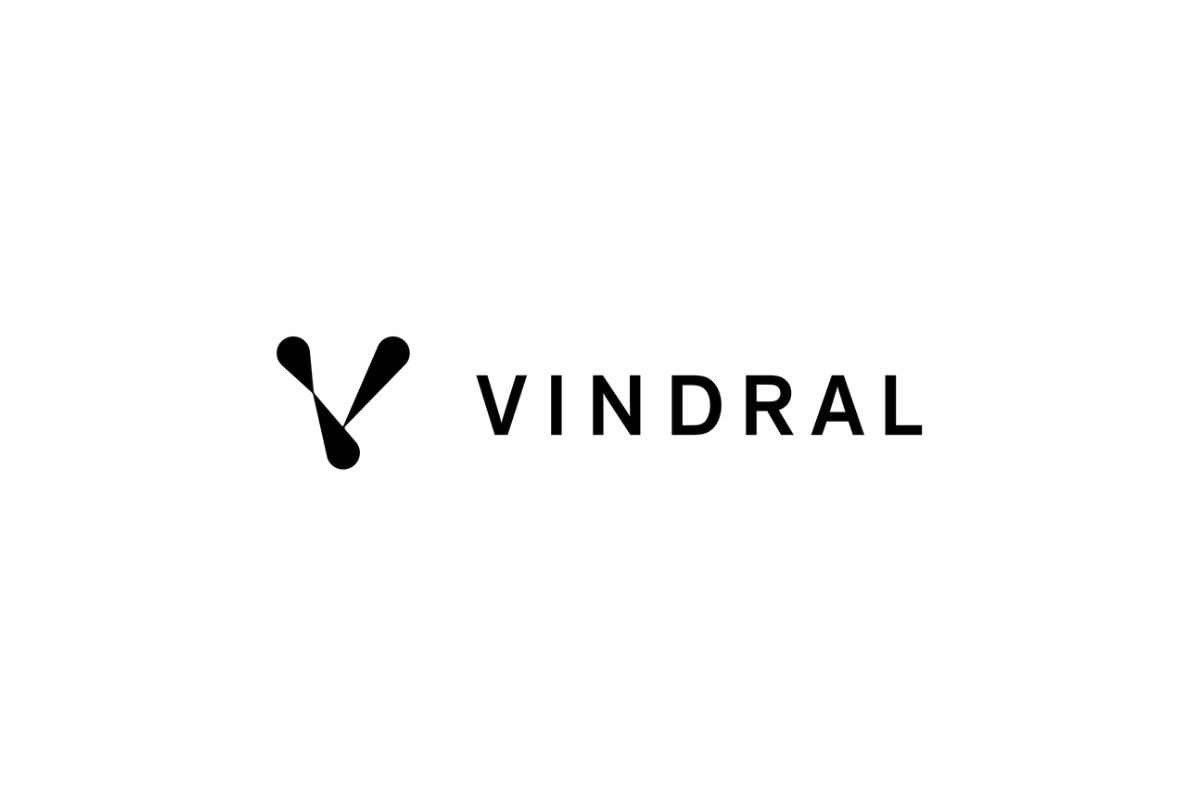Latest News
Playing the technology card: How Europe is winning the game

By Eriks Petersons, Digital Transformation Director, Ciklum
The last few years have seen a real period of growth in the gaming industry fuelled by technology. The push for responsible gambling and tighter regulations has helped reposition an industry which has carried a negative stigma for so long. Instead it is now accepted as a form of entertainment which is governed responsibly.
Europe has been at the core of this image transformation and now accounts for more than half of iGaming revenue worldwide. Investing in gaming technology over the last few years has seen Europe take advantage of the stagnant gaming scene in the US, which came as a result of the Black Friday events of 2011, and saw the closure of the three largest online poker websites.
Whilst the online gaming scene came to a halt in the US, advancements in European gaming technology meant that in the case of sports events, for example, bets could be placed live during a game – even via a mobile phone. In contrast, the US was reliant on land-based establishments where bets had to be placed before a game started. This resulted in many US companies snapping up European companies in order to benefit from these innovations. And who can blame them, with the sports scene so big in the US compared to across the pond.
But what the Black Friday events in the US taught the whole industry was the need for stricter regulations. Also crucial for upholding the gaming industry’s new positive reputation. Again, this is where Europe has been at the forefront – with the UK, Sweden and Germany leading the way – and certainly looking to stay in pole position.
How Covid-19 helped propel the gaming industry online
The Covid-19 pandemic hit the gaming industry on a global level, and as with many industries, companies were forced to move their operations online. With the temporary closure of land-based establishments, it taught the gaming industry an important lesson on product diversification and why it shouldn’t be over-reliant on physical world interactions.
With live sports temporarily suspended, meaning loss of revenue from sports betting, many players switched to casino gaming. Live shows with a real dealer helped to bridge the gap between online and land-based casinos, with players feeling more confident watching a real person dealing rather than trusting an algorithm.
It came down to which iGaming operators were willing to adapt to meet their players’ changing needs – and who had the technology to be able to do so. Those who did were the ones who came out as winners.
Why gaming platforms need to be customisable
The last ten years have seen the industry change from one that was initially market-driven to one that is now technology-driven. Traditionally gaming platforms were monolithic in nature meaning updates were often slow to implement and with many limitations.
Fast forward to the present, and as a result there are a lot of big companies who now own multiple platforms and products under one umbrella, but who have also inherited legacy technology obstacles.
Modernising platform infrastructure is key for allowing both scalability and flexibility. Microservices allow specific functions to be developed, deployed and managed independently from one another. This allows teams to focus on different areas, for example, whilst one team works on ‘responsible gaming’, another can work on ‘player acquisition’ testing or improving new features on the homepage.
Using microservices with APIs – which allows numerous front end experiences to be connected to a single back end program – enables flexibility beyond the limits of any one platform or technology. This allows gaming companies to work on regulatory changes and product features in parallel meaning one does not hold the other back.
Cloud is also key to scalability meaning you can manage large spikes of traffic or prepare for a new market launch. It also means that huge amounts of data can be stored securely.
Why tech has been key in adapting to new regulations
Technology has played a key role in ensuring the gaming industry is compliant as rules continue to evolve. As the call for improved consumer protection and responsible gaming rises, we have seen stricter regulations being introduced across Europe. For iGaming operators, this has demonstrated the need to have highly customisable gaming platforms which can be swiftly adapted to meet new regulations introduced country by country.
Take Germany as an example. In July this year, Germany launched its legal casino market, allowing private operators to apply for licenses offering sports betting, online poker and virtual slot machines. Industry players seeking the new license had a full year to make adequate changes, known as toleration regime. With the long list of German regulatory rules touching upon different parts of the system, many of these were kept to the last moment before they were introduced.
Player deposits, for example, were reduced to a maximum of 1000 euros. This was a big hit on the industry which is very VIP driven – with the majority of revenue coming from such players.
Spins in slot machines also came under fire with new regulations dictating a time limit of five seconds per spin. With an average spin lasting 0.5 seconds meaning a 5 second period normally allows for multiple spins, this runs the risk that players can’t play quickly enough and in turn will get bored.
Through the use of microservices, iGaming operators were able to create and release new features gradually. Instead of facing a huge hit on resources at one time, they were able to apply feature toggling and test and push different changes live over time. And ultimately ensure that by releasing these at the last moment they would not affect the customer experience earlier than they needed to.
How tech is improving player acquisition and retention
One area where companies can use technology to stand out is by offering a differentiated player experience. Player trends are constantly changing, and the successful iGaming operators are the ones that keep experimenting, keep validating and keep improving their product.
With some exceptions, most casinos are all the same, they just have a different look and feel. Through agile software development, gaming platforms can use canary releases to trial and test changes and features initially within a small group of users before rolling out to a wider audience. For example, how you show games to players or how games are grouped together to understand game player behaviour. This can also be applied to promotions to decide which ones work most effectively.
The registration process is another area which is a key part of the player acquisition journey. Consider experimenting with a three-stage process rather than one lengthy form. Also what works better in the UK, may not work so well in Germany.
Even the smallest things like the colour, shape or positioning of a button can have an enormous impact on the player behaviour and thus the conversion rate.
Technology has played a key role in transforming the European gaming industry. For iGaming operators, there’s both a need to innovate as well as to regulate. It’s about ensuring gaming platforms are adaptable, scalable and that changes can be implemented at speed. In other words, if you want to ride this positive wave that’s happening in the industry right now, then you need to implement the technology that will allow you to stay ahead of the game!
-

 Africa5 days ago
Africa5 days agoQTech Games wins Best Innovation of the Year at the 2025 SBWA+ Eventus Awards
-

 Asia5 days ago
Asia5 days agoNODWIN Gaming and JioStar Unveil OnePlus Android BGMS Season 4
-

 Latest News5 days ago
Latest News5 days agoVindral appoints Henrik Fagerlund as Chairman of the Board
-

 Latest News5 days ago
Latest News5 days agoCalema to Perform at Legends Charity Game in Lisbon
-

 Conferences in Europe5 days ago
Conferences in Europe5 days agoEGT Digital and EGT to rock the show at SiGMA Euro-Med 2025
-

 Latest News5 days ago
Latest News5 days agoPush Gaming redefines its portfolio, unveiling new game categories and sub-brand for extended player reach
-

 Affiliate Industry5 days ago
Affiliate Industry5 days agoNikita Lukanenoks Brings Slotsjudge Into Spotlight With Affiliate Leaders Awards 2025 Nomination
-

 Latest News5 days ago
Latest News5 days agoThunderkick returns for an even fierier fiesta in Carnival Queen 2





















